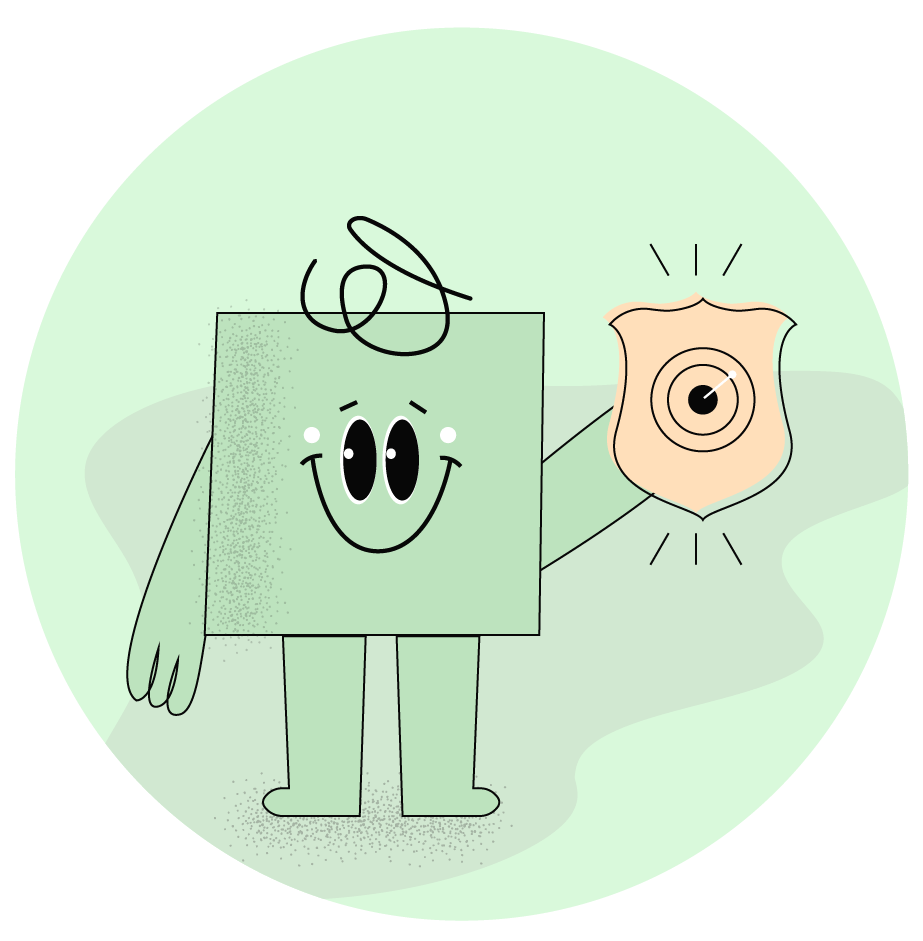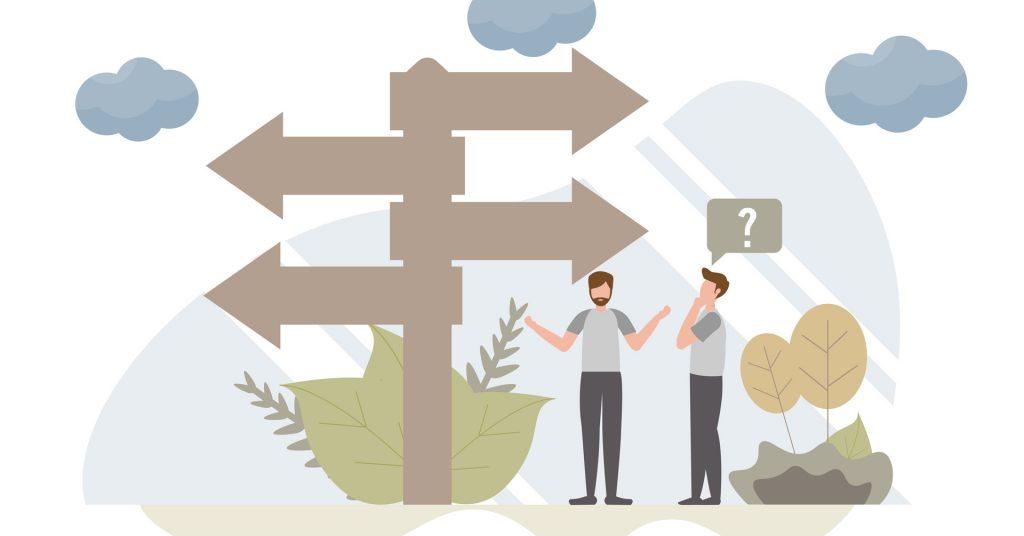In our previous article, we delved into the fascinating world of behavioural economics, questioning the assumption of consumer rationality and exploring the influence of “free” offers on decision-making. Continuing our exploration, this second blog post will dive deeper into key behavioural concepts that shed light on why individuals make irrational decisions. By understanding these biases and heuristics, we can gain valuable insights into the complexities of consumer behaviour.
Cognitive Biases
Cognitive biases are inherent tendencies or patterns of thinking that can lead to systematic deviations from rationality. These biases influence our judgement, perception, and decision-making processes. Let’s explore a few common cognitive biases:
1. Confirmation Bias
This bias refers to our tendency to favour information that confirms our existing beliefs or hypotheses while ignoring or downplaying contradictory evidence. In the realm of consumer behaviour, confirmation bias can influence our choices by reinforcing our preconceived notions about certain products or brands.
Let’s say a person believes that all politicians are corrupt. They actively seek out news articles and information that confirms this belief, while dismissing any evidence that suggests otherwise. They only pay attention to scandals involving politicians and ignore instances of integrity or public service.
2. Anchoring Bias
Anchoring bias occurs when individuals rely too heavily on the first piece of information they encounter when making decisions. For example, when presented with a discounted price tag on a product, we may perceive it as a great deal without considering the product’s actual value.
When shopping for a new laptop, a person visits a store and notices a high-end model with a price tag of Rs. 100,000. Later, they come across a different store where a similar model is priced at Rs. 80,000. Even though the second price is reasonable, the person still perceives it as expensive compared to the initial anchor of Rs. 100,000, potentially leading them to consider it a good deal.

Gain insight into own behaviour and uplift your personality
Talk to an expert for guidance
Heuristics
Heuristics are mental shortcuts or rules of thumb that we rely on to simplify decision-making. While they often serve us well, they can also lead to biases and errors. Here are a couple of commonly observed heuristics:
1. Availability Heuristic
The availability heuristic occurs when individuals rely on readily available examples or information that come to mind easily. For instance, if we hear about a few cases of a product malfunctioning, we might overestimate the likelihood of it happening to us, affecting our purchasing decisions.
After watching news reports of plane crashes, a person develops a fear of flying. They overestimate the likelihood of such accidents occurring and decide to avoid air travel, despite statistical evidence suggesting that flying is one of the safest modes of transportation.
2. Social Proof
Social proof refers to our tendency to conform to the behaviour and actions of others in uncertain situations. This phenomenon is often employed in marketing through tactics like customer reviews, testimonials, and celebrity endorsements.
When choosing a restaurant, a person looks up online reviews and notices that one particular establishment has hundreds of positive ratings. They are more inclined to choose that restaurant based on the social proof provided by the high number of positive reviews, assuming that it must be a great place to dine.
Herd Mentality
Herd mentality describes our inclination to follow the crowd and conform to popular opinion or behaviour. This behaviour stems from a desire for social acceptance and a belief that others possess superior knowledge. The fear of missing out (FOMO) is a powerful driver of herd mentality, shaping consumer choices and trends.
In a shopping mall, a person sees a long line forming outside a newly opened store. Even though they have no idea what the store sells, the person assumes there must be something valuable or exciting inside and joins the line simply because others are doing so.
Bounded Rationality
Bounded rationality recognizes that individuals have limitations in their cognitive abilities and information-processing capabilities. It acknowledges that decision-making is often based on incomplete information and time constraints. Understanding these limitations is essential to comprehend why consumers may make suboptimal choices.
A person needs to buy a new smartphone but is overwhelmed by the vast range of options available. Due to limited time and information, they choose a phone based on the brand name they recognize or recommendations from friends, without thoroughly evaluating all possible alternatives.
Conclusion
By exploring the realms of cognitive biases, heuristics, herd mentality, and bounded rationality, we gain valuable insights into the intricacies of consumer decision-making. Behavioural economics offers a multifaceted lens through which we can understand why individuals often make irrational choices and provides a framework to guide decision-makers in designing more effective policies and marketing strategies.
In the next article of this series, we will delve into additional behavioural concepts, unveiling more intriguing aspects of consumer behaviour. Stay tuned to unravel the complexities of human decision-making and gain a deeper understanding of the fascinating field of behavioural economics.
Read More
Economics From The Binoculars Of Psychology
Cognitive Dissonance and Understanding What Is Confirmation Bias







